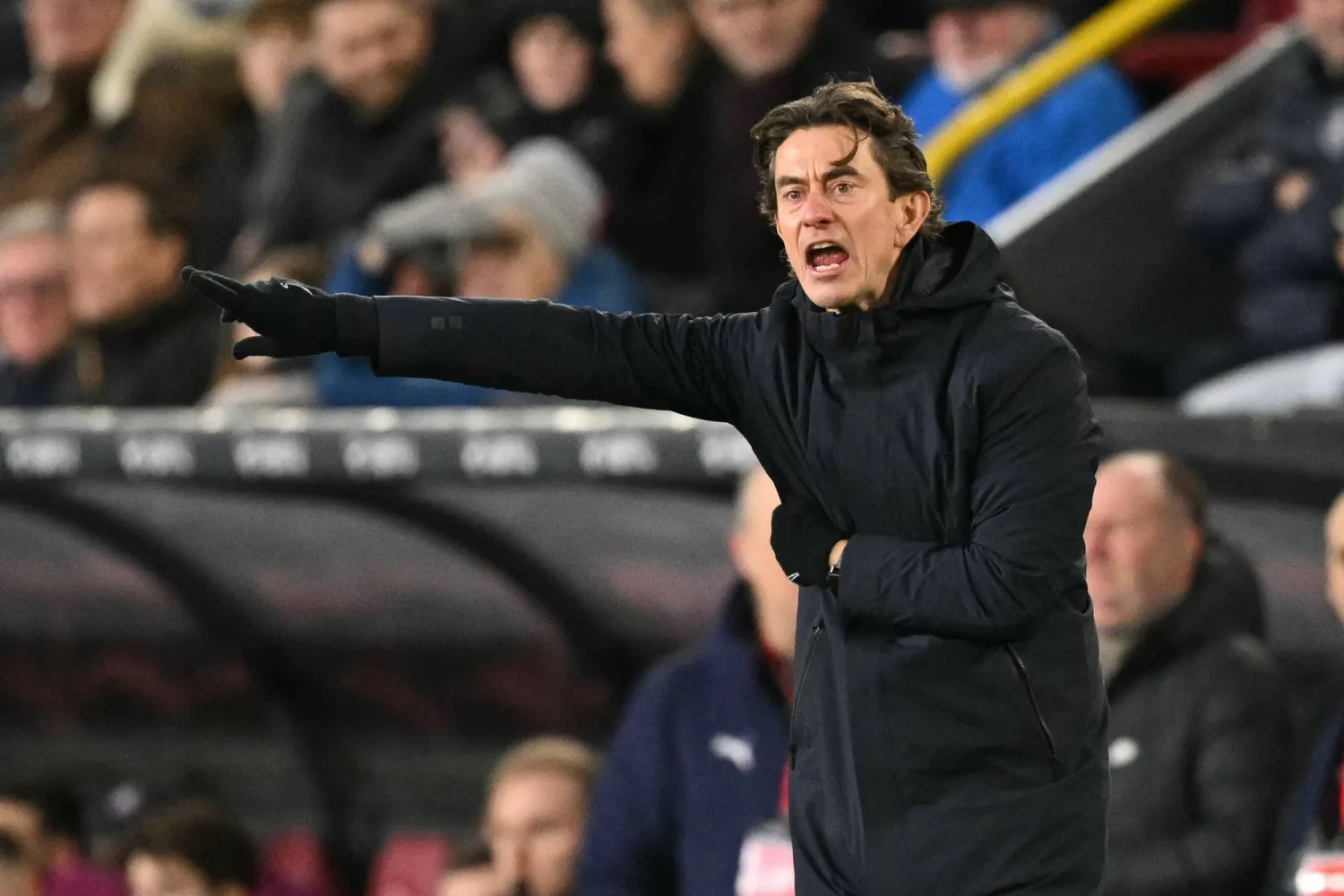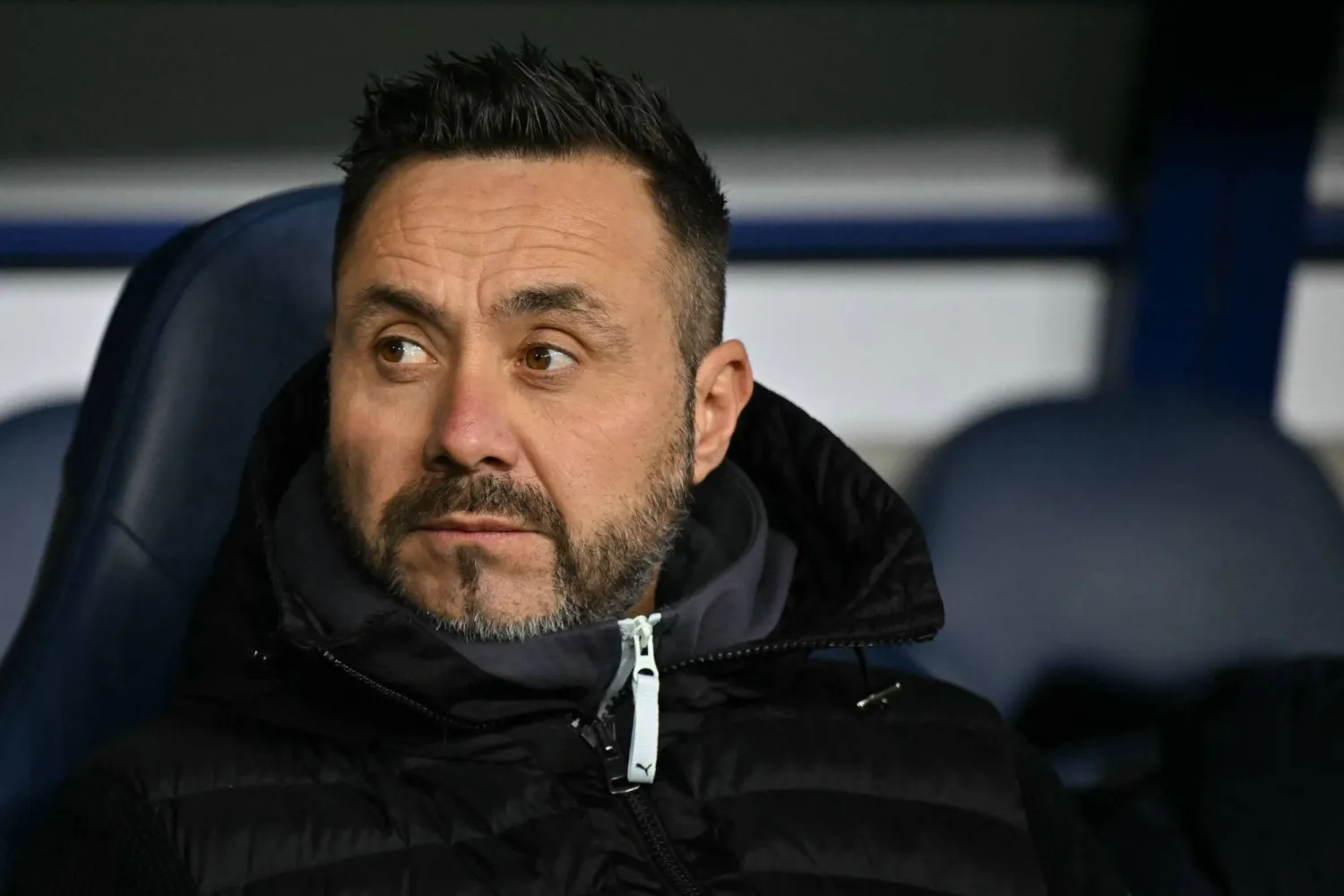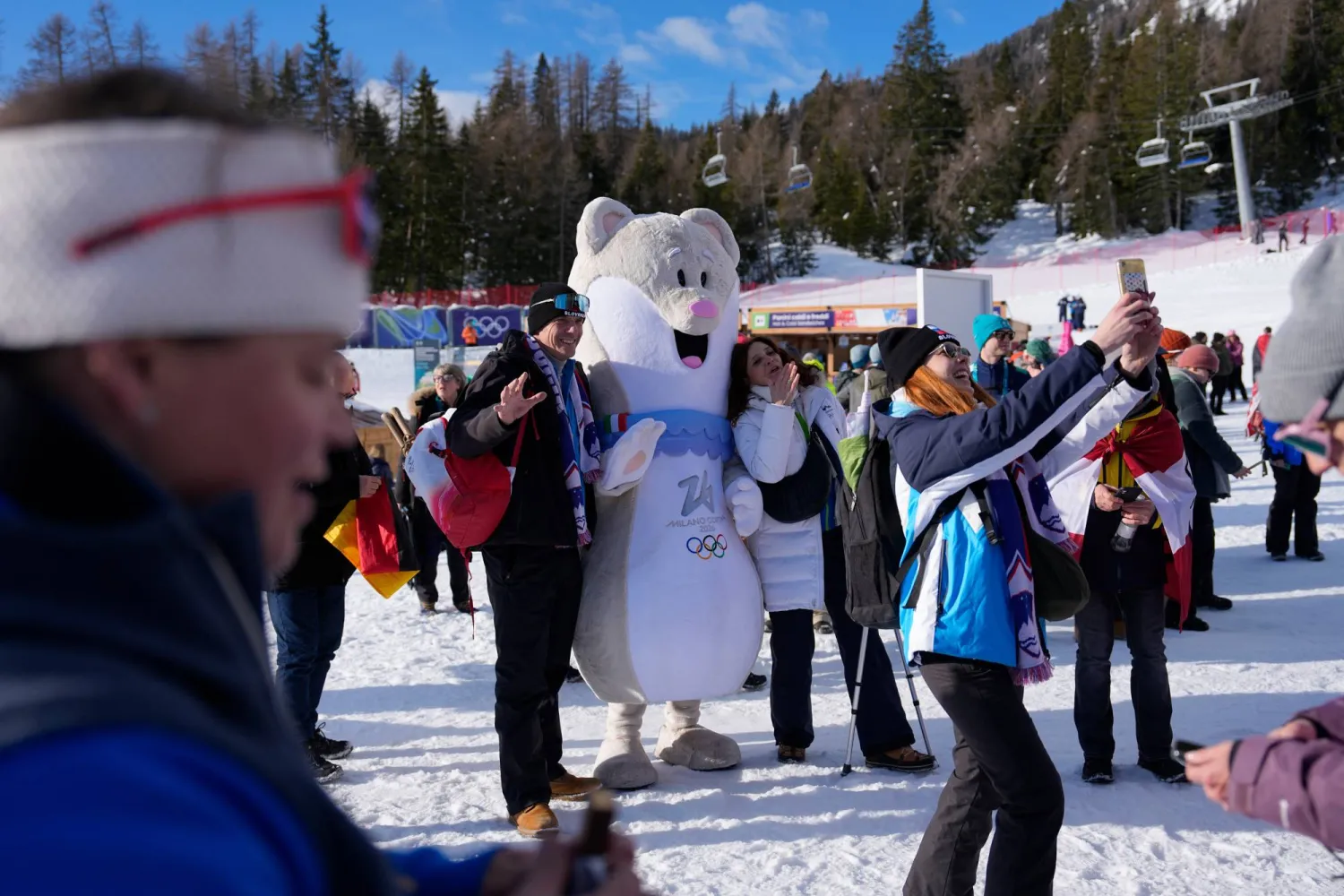Fifty years ago this season Liverpool went to Watford, then struggling near the bottom of the Second Division, in the sixth round of the FA Cup. On a dreadful pitch, its central third rutted and bare, they lost 1-0 to a diving header from Barry Endean. Bill Shankly called Watford “the worst team that ever beat us”. He was aware the upset could be as epochal as the defeat to Worcester City that had led to him replacing Phil Taylor as manager in 1959 and was provoked into action. “I knew I had to do my job and change my team,” he said. “It had to be done and if I didn’t do it I was shirking my obligations.”
Although Liverpool had finished second the previous season, they were enduring a major stutter, having won only five of their previous 18 in the league. He raged in the Vicarage Road dressing room, telling a number of players they were finished. Over the following weeks Tommy Lawrence, Ian St John, Ron Yeats and Geoff Strong were all discarded. Peter Thompson, struggling with cartilage problems, departed a few months later. The players changed, but the method did not. “The policy of the new team was the same as that of the old,” Shankly explained. “We played to our strengths. We pressurised everybody and made them run.”
There was a time when managers were not sacked as soon as they faced a bump in the road. Three years later Liverpool won the league and the Uefa Cup. A year after that they produced arguably the greatest performance of Shankly’s reign in demolishing Newcastle in the FA Cup final. He promptly retired.
As Mauricio Pochettino has found, that is not how modern football works. Modern football likes nothing more than to identify a crisis and to respond to it with sacrifice. Perhaps that is simple economics – it is cheaper to replace a manager than half the squad – but there is also something ritualistic about it, the elders leading the designated scapegoat sadly to the altar. Sir Alex Ferguson identified football’s lust for blood with reality TV and the idea that somebody must be voted off each week, but the urge perhaps lies deeper than that: Isaac, Jephthah’s daughter, Iphigenia, Jesus, Sydney Carton, Edward Woodward’s police officer in The Wicker Man – they all pre-date the X Factor.
Football operates in cycles. Coaches as different as Béla Guttmann and Gordon Strachan have identified the third year as fatal, the moment when a critical mass of players tire of the techniques and idiosyncrasies of their manager, when one or other has to change. Managers such as Ferguson and Valeriy Lobanovskyi were able to sustain their success for so long because they were ruthless in refreshing their squads. Shankly acknowledged he had waited too long but was given time to enact a second revolution. Pochettino was not afforded that luxury.
The Argentinian, having been at Tottenham since 2014, had identified the problem. He knew it was not just about building a good squad and letting it run. For two years he has been urging rejuvenation but when it came last summer with three signings, two of whom have struggled with injury, it was too little too late. What has happened to Tottenham this season – 14th in the table after three wins in 12 games – is the price of last season, when they did not make a single senior signing.
Two factors have exacerbated the problem. First, that Pochettino’s way of playing is particularly exhausting. A hard pressing style is hugely demanding. When belief goes, the downturn can be dramatic. It happened, for instance, to Borussia Dortmund in Jürgen Klopp’s final season and, more pertinently, it happened to Pochettino as a player at his first club. Newell’s Old Boys claimed the Apertura in 1990-91 and the Clausura in 1991-92, also reaching the final of the 1992 Copa Libertadores, but the manager Marcelo Bielsa then left and form collapsed; they finished bottom of the 1992-93 Apertura.
Pochettino is not an inflexible disciple of Bielsa, is not as close to his methods as, say, Jorge Sampaoli, but the influence is clear and that can create problems. “It’s a method that provokes a certain level of tiredness,” said the former Newell’s full-back Juan Manuel Llop. “Not just physical tiredness, but also mental, emotional. Because the competitive level is so high, it’s difficult to keep up with it … there comes a time that the human being relaxes. It’s not that you abandon it, but you let something go because you feel worn out.”
If the 7-2 home defeat to Bayern Munich is accepted as something of a freak, Tottenham’s worst performance of the season came in the 3-0 loss at Brighton. Nine of the 11 who started that game have been at the club four years or more. It is hardly surprising if they have begun to feel fatigued, and that perhaps explains why Tottenham’s pressing has been so obviously less intense this season.
As a rough measure of that, in every previous season under Pochettino, Spurs have been one of the top six sides in the league for winning the ball back within 40 metres of their opponents’ goal; this season they are 15th. Any disillusionment will hardly be assuaged by the knowledge they could have been earning significantly higher wages elsewhere.
Tottenham being in the Champions League may have come to seem familiar, but by most financial metrics they remain the sixth-biggest club in the Premier League. And that is why something feels so self-defeating about Pochettino’s departure. For all their struggles this season, they remain one win off fifth. There was no threat of relegation such as that which prompted Middlesbrough to dismiss Gareth Southgate or West Brom Roberto Di Matteo. Nor was there the sense of insoluble toxicity that characterised José Mourinho’s final weeks at Chelsea. Even with four key players running down their contracts, this was salvageable.
But instead Tottenham have chosen the familiar route of replacing the manager. Perhaps the situation was irresolvable. Perhaps Pochettino, as his increasingly regular hints about leaving suggested, had lost patience with the project. But Spurs have paid £12.5m to release from his contract a well-respected and in-demand manager with a proven record of working on a budget and developing young players, and replaced him with Mourinho, who habitually complains about a lack of funding and, for all his protestations, has a limited record of youth development.
Where Pochettino’s sides at their best pressed hard, Mourinho essentially eschewed pressing as part of his rejection of Barcelona in 2008; his Manchester United side had the lowest running stats in the league when he was sacked a year ago. Perhaps weary players will relish the change, but this represents a major shift in approach and, as such, is a major gamble.
Sometimes the logic of football does not feel like logic at all.
The Guardian Sport









